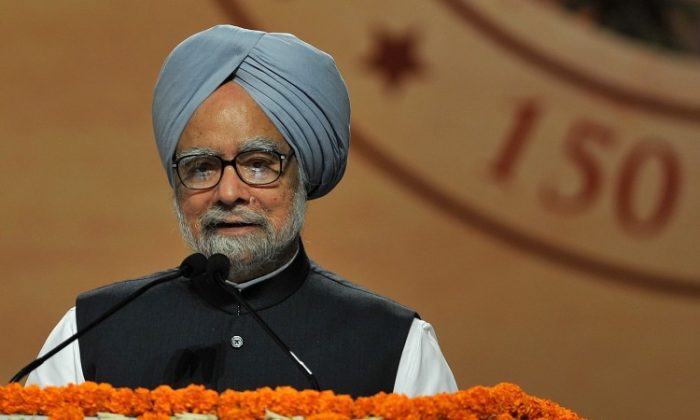India Says Goodbye to Former Prime Minister Manmohan Singh, Pioneer of Economic Liberalisation
India has declared a seven-day state mourning to honor the legacy of the reformist leader whose 1991 reforms paved the way for the nation’s global rise.
Manmohan Singh, India’s 13th Prime Minister and renowned architect of economic liberalization, passed away at the All India Institute of Medical Sciences (AIIMS), New Delhi, on Dec. 26, 2024.
The 92-year-old Congress veteran succumbed to age-related medical conditions despite efforts to revive him after a sudden loss of consciousness at home. AIIMS confirmed his passing at 9:51 pm local time.
The Government of India has declared seven days of state mourning from Dec. 26, 2024 to Jan. 1, 2025. The National Flag will fly at half-mast across the country and at Indian Missions abroad during this period.
A state funeral will be accorded to Singh as a mark of respect for his immense contributions to the nation.
Prime Minister Narendra Modi paid his last respects to former Prime Minister at his residence in Delhi. He was accompanied by Union Ministers Amit Shah and JP Nadda.
Modi, in a post on Thursday, called Singh one of India’s “most distinguished leaders.”
“Rising from humble origins, he rose to become a respected economist. He served in various government positions as well, including as Finance Minister, leaving a strong imprint on our economic policy over the years. His interventions in parliament were also insightful. As our Prime Minister, he made extensive efforts to improve people’s lives,” Modi said.
Architect of Economic Reforms
Singh, a celebrated economist, entered politics in 1991 when he was appointed Finance Minister by then-Prime Minister PV Narasimha Rao.
At a time of severe economic crisis, he spearheaded bold reforms that opened up India’s economy, laying the groundwork for its rapid growth in subsequent decades.
His tenure as Prime Minister from 2004 to 2014 saw India achieve an unprecedented average annual GDP growth rate of 8.3 percent during the UPA-I era.
Recognized globally for his intellect and integrity, Singh’s leadership and policies transformed India into a major player in the global economy.
Before his political career, Singh held numerous influential positions, including Governor of the Reserve Bank of India (1982-85) and Chief Economic Advisor in the Ministry of Finance (1972).
His academic credentials were equally illustrious, with degrees from Panjab University, Cambridge, and Oxford. His rigorous academic background and international expertise made him a trusted figure on the world stage.
Legacy and Final Years
Singh retired from public life following the Congress’ defeat in the 2014 Lok Sabha elections but continued as a Rajya Sabha member until his last public appearance in August 2023.
His legacy as a statesman and reformer endures, with his policies credited for lifting millions out of poverty and establishing India as an economic powerhouse.
Beyond his economic achievements, Singh was known for his humility, integrity, and unwavering commitment to India’s progress.
His calm and thoughtful leadership during challenging times earned him the respect of leaders worldwide.





